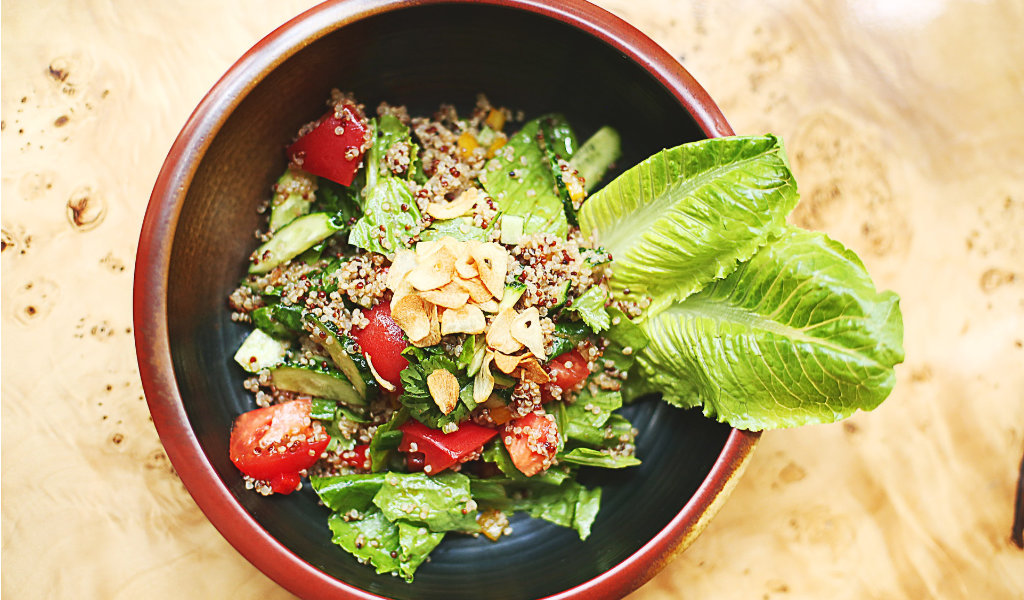Understanding High Cholesterol
Cholesterol is a fatty substance found in your blood. While your body needs some cholesterol to function properly, too much “bad” cholesterol (LDL) can increase your risk of heart disease and stroke. The good news is that diet plays a major role in cholesterol levels, and certain foods can help manage or reduce them.

Foods to Include in a Cholesterol-Friendly Diet
Here are some types of food that may help support healthy cholesterol levels:
🥦 1. Fruits and Vegetables
- Rich in fiber, vitamins, and antioxidants
- Help reduce cholesterol absorption
- Try apples, berries, oranges, leafy greens, broccoli, and carrots
🥣 2. Whole Grains
- Oats, barley, quinoa, brown rice, and whole wheat contain soluble fiber that binds to cholesterol
- Oatmeal and oat bran are especially effective
🥜 3. Nuts and Seeds
- Almonds, walnuts, chia seeds, and flaxseeds can help lower LDL cholesterol
- Eat in moderation due to high calorie content
🥑 4. Healthy Fats
- Replace saturated fats with unsaturated fats
- Use olive oil, avocado, and fatty fish like salmon or mackerel
🐟 5. Fatty Fish
- High in omega-3 fatty acids, which support heart health
- Recommended 2–3 times per week
🌱 6. Legumes
- Beans, lentils, and peas are high in fiber and protein, and low in fat
- Good substitutes for red meat
🥛 7. Plant-Based Alternatives
- Choose plant-based milk and dairy products fortified with calcium and vitamins
- Look for options low in saturated fat

Foods to Limit or Avoid
To manage cholesterol, it’s equally important to limit certain foods:
- Red and processed meats (like bacon, sausage, and fatty beef)
- Full-fat dairy products (whole milk, cream, butter)
- Fried foods
- Baked goods with trans fats or hydrogenated oils
- Highly processed foods with added sugars and refined grains
Lifestyle Matters Too
In addition to diet, regular exercise, maintaining a healthy weight, managing stress, and avoiding tobacco are crucial for heart health.
Final Thoughts
While diet can play a powerful role in managing cholesterol, everyone’s health situation is unique. Before making any significant dietary changes, especially if you’ve been diagnosed with high cholesterol, it’s important to speak with:
- 🩺 Your doctor, to assess your overall risk and potential need for medication
- 🍎 A registered dietitian, who can help tailor a plan to your needs and preferences

⚠️ Disclaimer: The information in this article is intended for general knowledge and does not replace professional medical advice. Always consult your doctor or a registered dietitian before making changes to your diet, especially if you have high cholesterol or any medical condition.
internal link (suggest)
link







